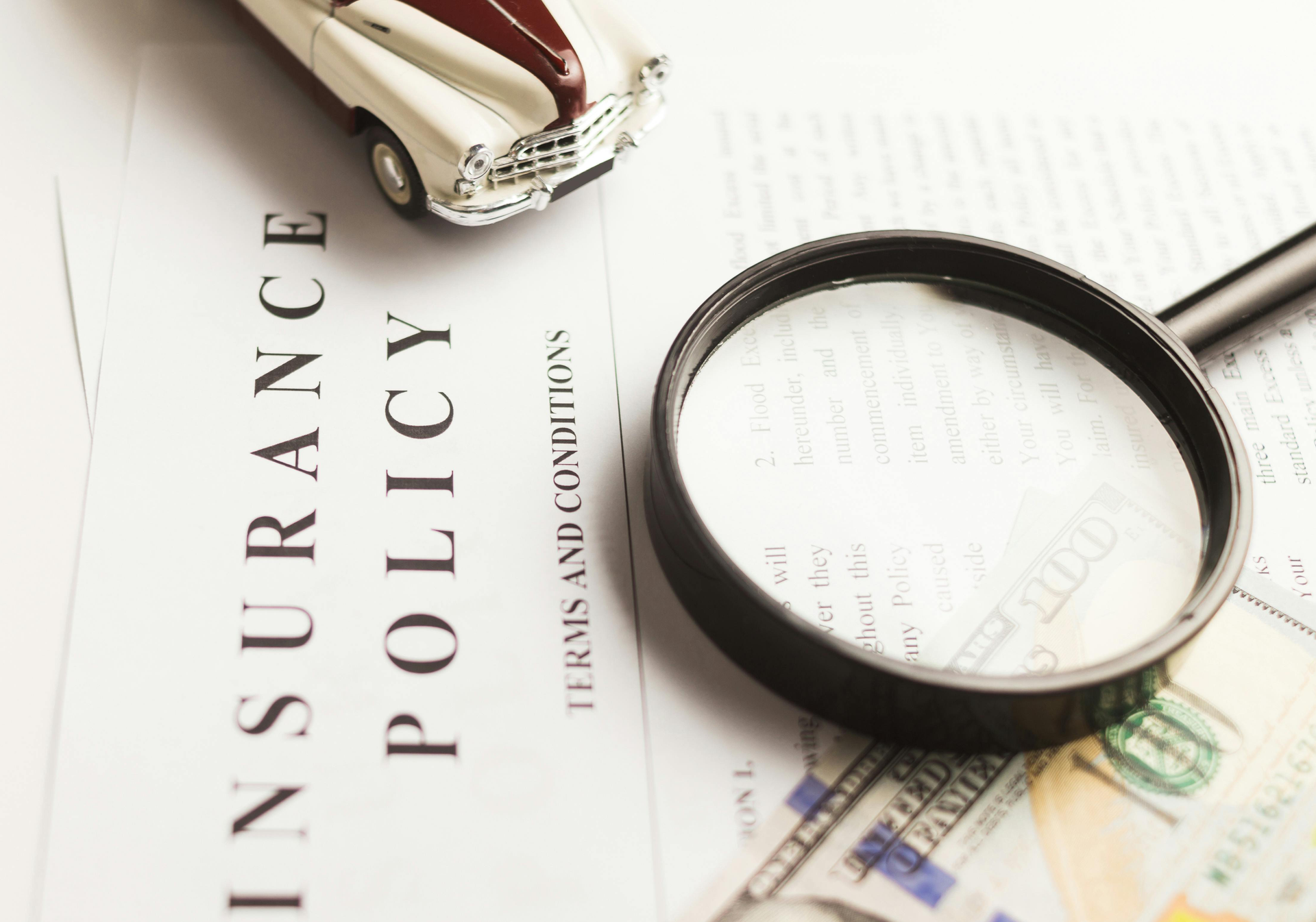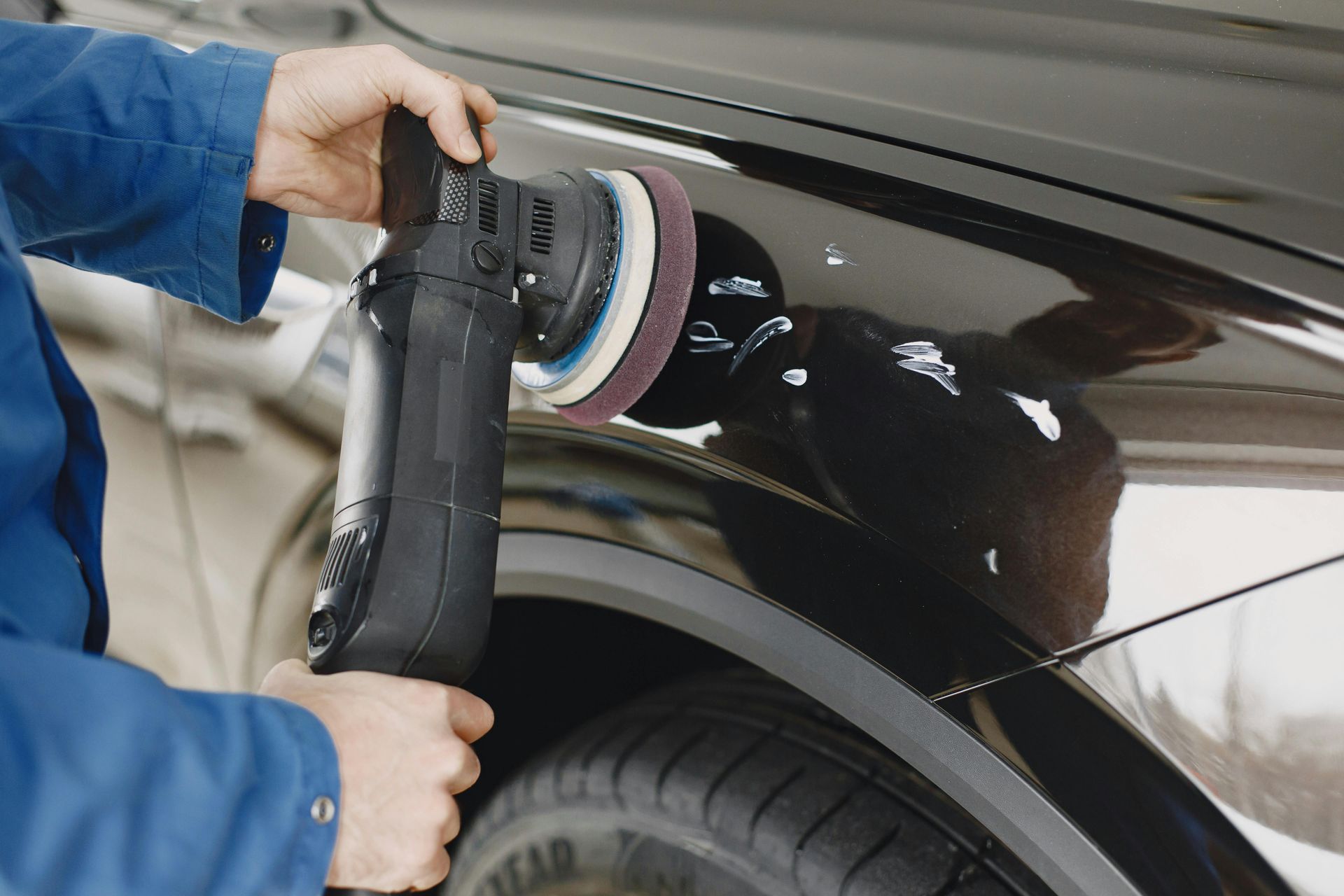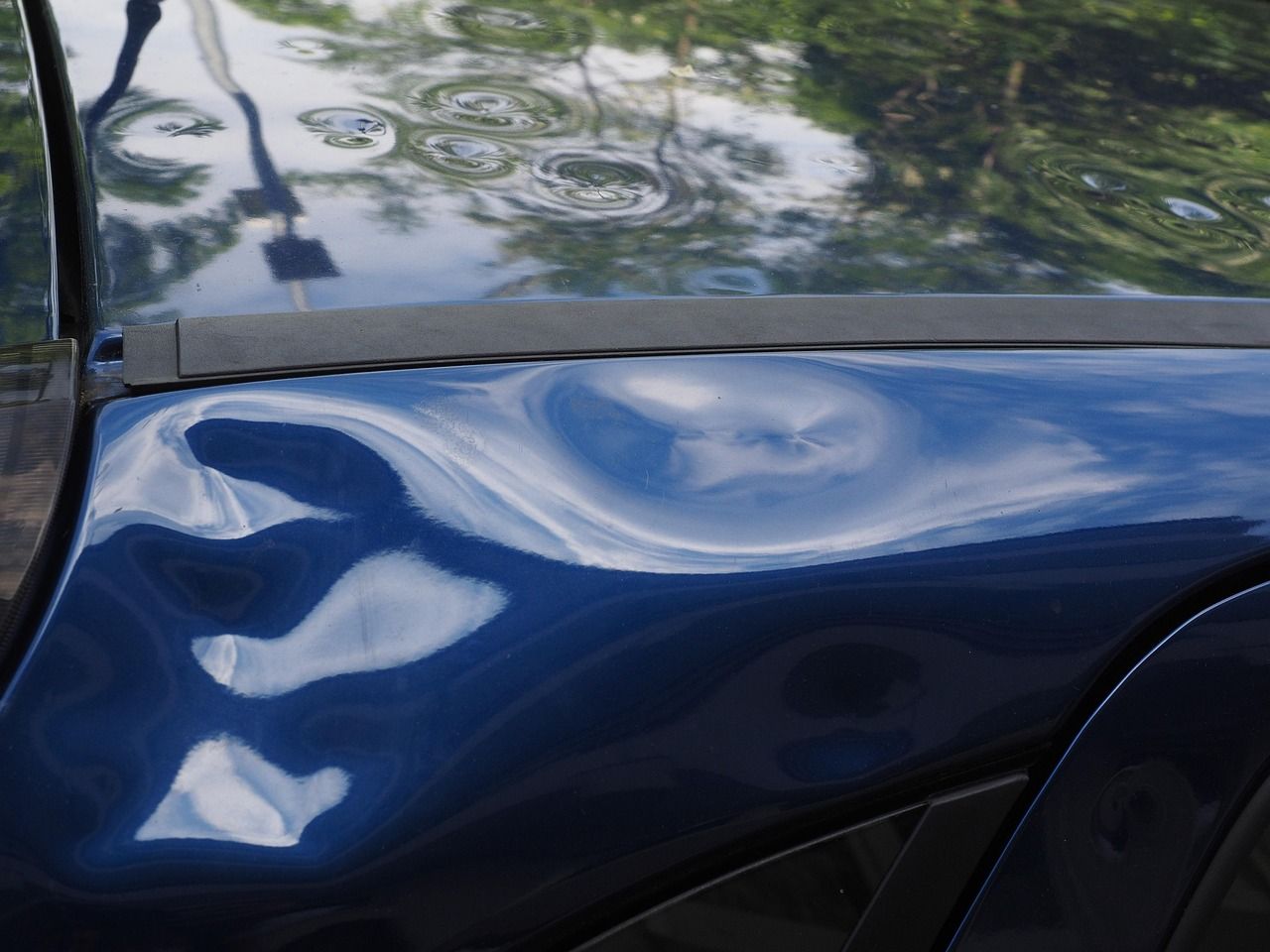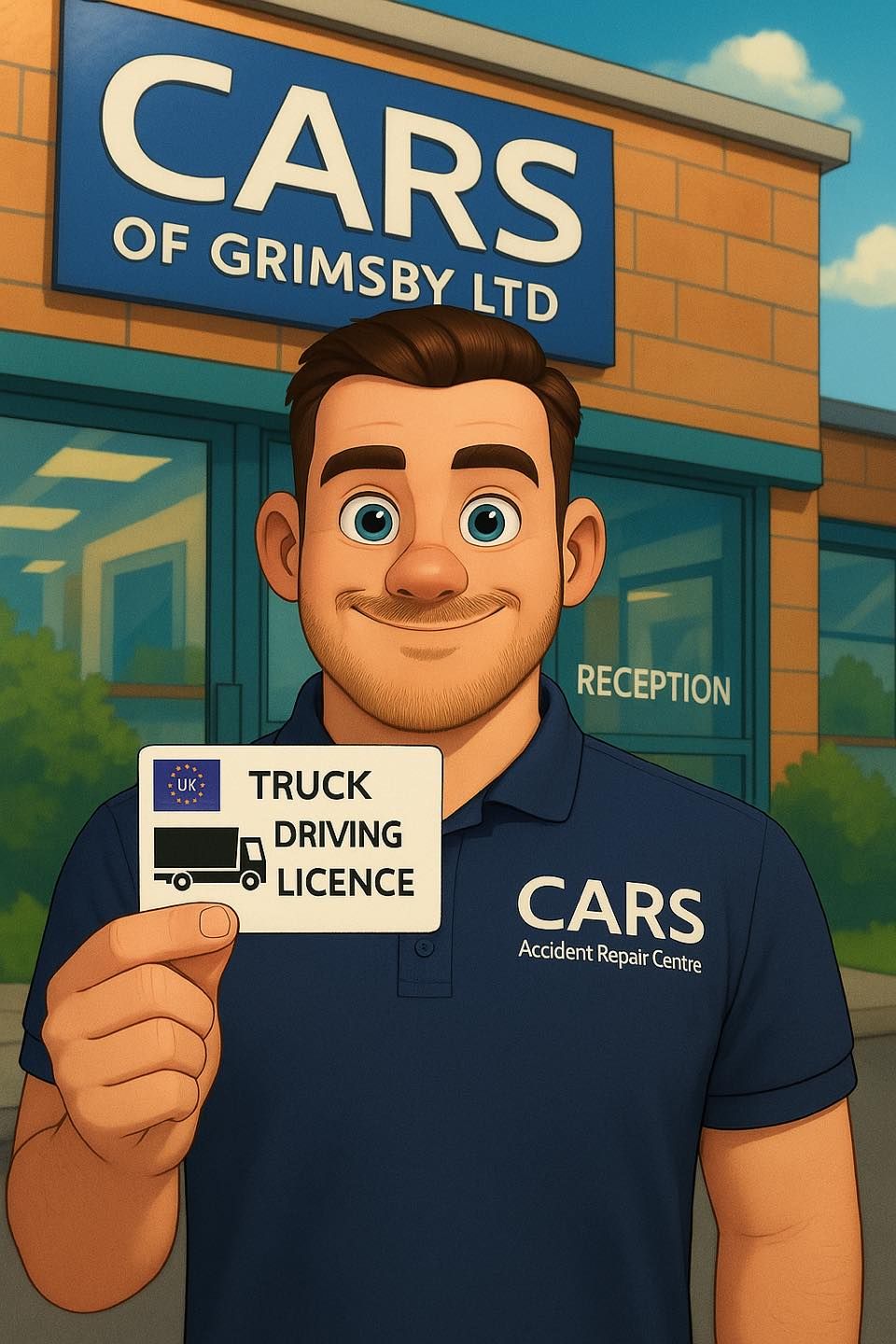Tips to Avoid Potential Car Accidents
Jason Barker • August 2, 2023
Whilst heading out on the road remains a risk, there are things you can do to reduce the chance of causing an accident.
- Regular Maintenance & Servicing – You should always maintain your vehicle in accordance with the manufacturer’s recommendations. This includes (but is not limited to), regular oil and filter changes, brake inspections, airbag checks and mirror adjustments.
Additionally, the legal minimum for tyre tread depth is at least 1.6mm across the central three quarters of the tread and around the entire circumference of the tyre. At CARS, we advise a minimum tyre tread depth of 3mm.
Your regular (usually annual) service should encompass the majority of our recommended vehicle maintenance components. This explains why regular servicing ensures that your vehicle remains safe and roadworthy. - Diagnostic and Repair Services – If your vehicle exhibits unusual behaviour (such as irregular sounds or movements), or dashboard lights start to appear, this suggests that you may need to take a trip to your local repairer. For example, a rhythmic knocking sound could indicate a damaged tyre wall and could result in a serious accident if driven at speed.
Skilled technicians can perform diagnostic tests to address and rectify problems, sometimes before the issue escalates further. - Keeping your vehicle clean – You should regularly clean your vehicle, especially your windows, mirrors, registration plates and lights, to ensure that you remain visible to other motorists – especially in poor weather conditions.
You should also carry out regular checks of your wipers and keep your screen wash topped up, to ensure you can keep your front and back windscreens clean from dirt, bugs or other weather conditions.
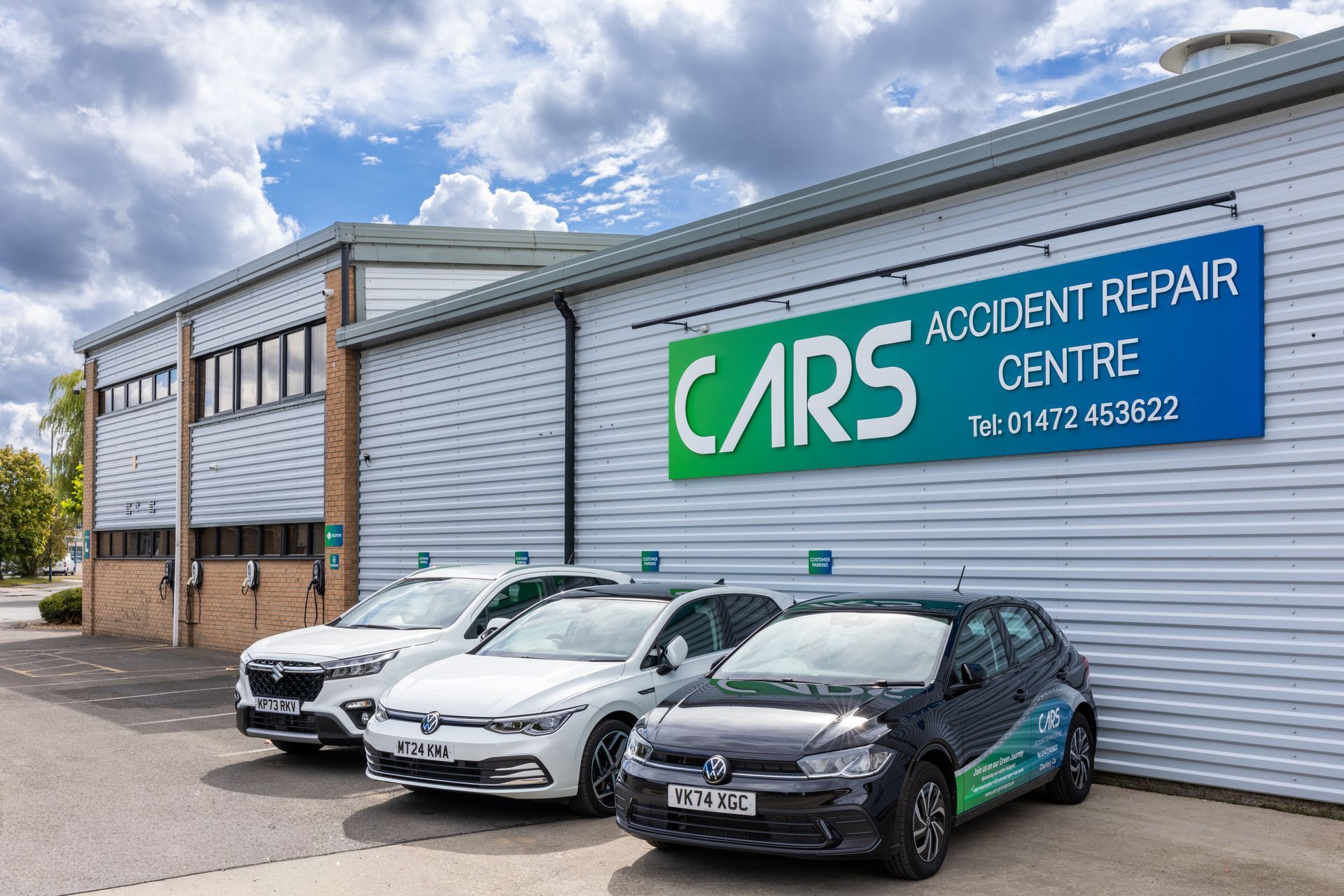
After an accident, the last thing you need is more worry. Between dealing with insurers, arranging repairs, and trying to keep life moving as normal, it can all feel overwhelming. One of the biggest concerns we hear from customers is: “Will I be left without a car if I don’t use my insurer’s approved repairer?”
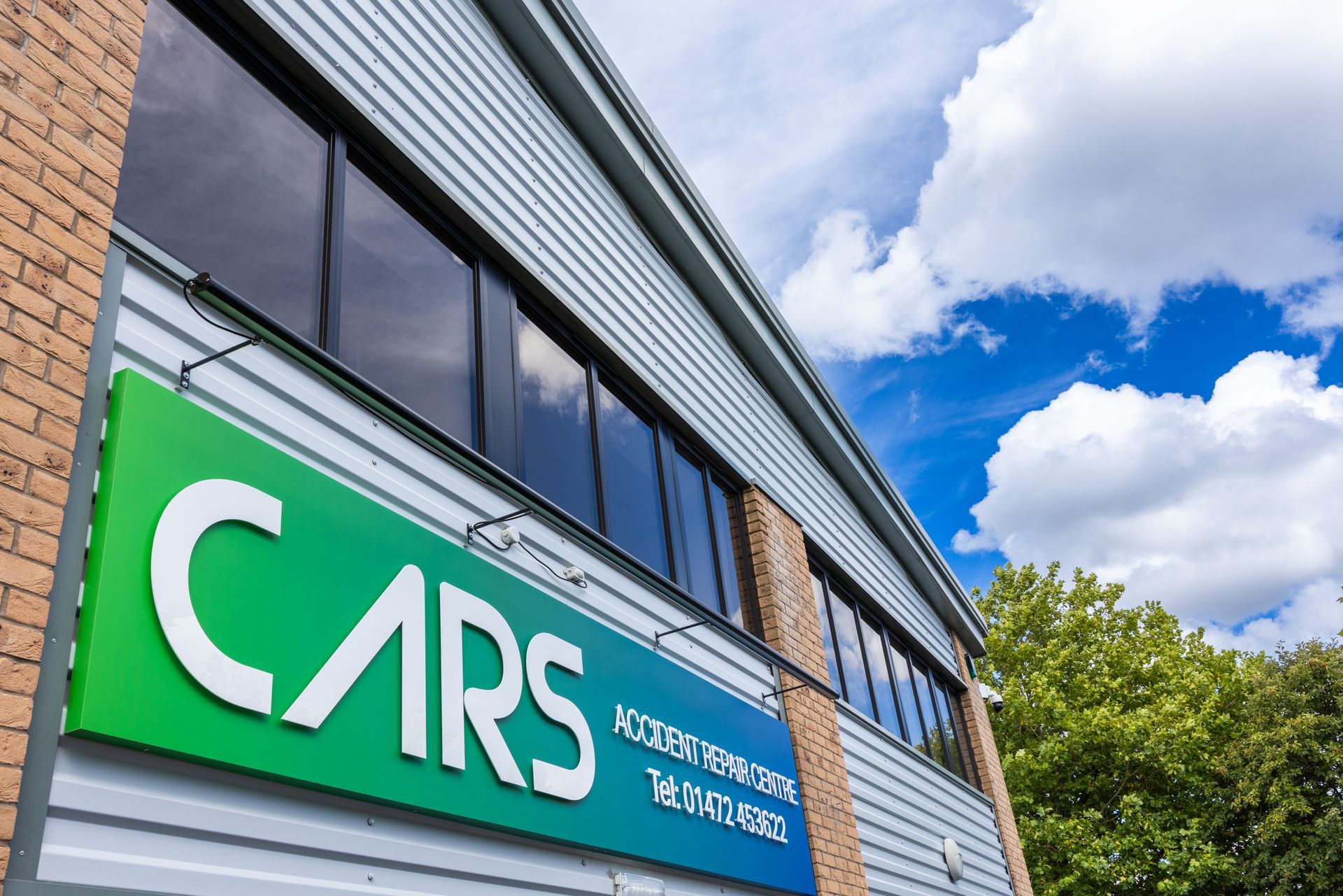
Being involved in an accident that wasn’t your fault is something nobody plans for. Even when you’ve done nothing wrong, the situation can quickly become stressful - damaged vehicles, unexpected phone calls, insurance paperwork, and the worry of being without your car. At a time like this, choosing the right repair cen


